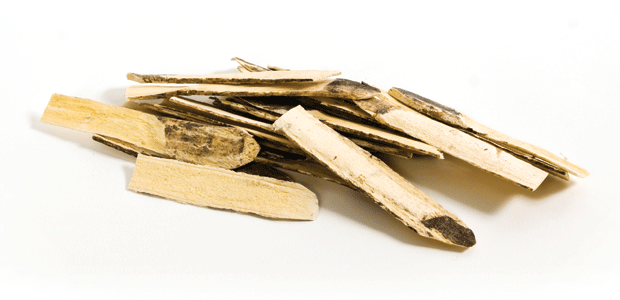
Germs, environmental toxins, allergens—they are all around us, invisible yet placing stress upon our immune systems, which are under constant assault. In particular, at this time of year, the many viruses and bacteria that we encounter daily need to be identified and eliminated from the body.
Our white blood cells function to protect the body when such a pathogen is detected. During the winter we are exposed to many more of these pathogens in our environment, so it is helpful to know which plant-based supplements can protect us from colds and flu.
When we talk of boosting the immune system, we are really talking about strengthening the immune cell defences in the body. Certain herbs and plants act within the body to create the proper signals that your body requires to mount a response to an invading pathogen.
Astragalus, olive leaf, and shiitake mushroom all have strong effects to help the white blood cells function and protect the body from infection.
Stress and immunity
Stress in any form can be damaging to the immune system. As many of us encounter stress on a regular basis, it may be beneficial to decide if one of these plants would be helpful for immune system support.
Chronic, long-term stress has a negative effect on the immune system and may increase the risk of catching a cold or flu.
While reported side effects from astragalus, olive leaf, or shiitake mushroom are few, it is best to consult with a health care practitioner before taking any herbal supplement to ensure that it will not interact with other medications and to determine the correct dosage.
1. Astragalus
Astragalus membranaceus is a herb used in traditional Chinese medicine to strengthen the immune system. It is one of the most researched medicinal herbs due to its long history of use in Asian countries. One mechanism of action is that it increases the number of immune cells that are able to mount an immune response.
Astragalus has been studied as an anti-inflammatory. When too much histamine is released in response to a pathogen, symptoms such as runny nose, swelling, and headaches are experienced. By inhibiting the release of histamine from the mast cells, astragalus can be used to stop the overreaction of the immune system to the pathogen.
Studies have shown that astragalus is useful when it is taken for cold and flu prevention due to its antiviral mechanism of action. It is also being studied for use in patients with AIDS and cancer.
2. Olive leaf
Olive leaf (Olea europea) has a long history of use as far back as ancient Egyptians who viewed it as a symbol of heavenly power. Is it any question why the winners of the original Greek Olympics were given wreaths of olive leaves?
As early as the mid-1800s, olive leaf was used medicinally to bring down fevers in people who were suffering from malaria. Studies have shown that olive leaf can disable the proper replication of viruses within the human body by blocking essential pathways for amino acid use. Other studies show that it can slow the spread of the virus by inactivating the viral enzymes that are necessary to infect human cells.
In the early 1900s, oleuropein was isolated, and it was later revealed that this active ingredient had antiviral, antibacterial, antifungal, and antiparasitic properties.
3. Shiitake mushroom
The shiitake mushroom (Lentinula edodes) is widely cultivated for its nutritional value and its antiviral medicinal properties. While many types of mushrooms have been studied, it is the shiitake mushroom which shows the best antiviral activity.
Lentinan is the active ingredient and has been shown to stimulate the cells of the immune system and to inhibit the replication of certain viruses. Lentinan is a polysaccharide complex that signals the immune system to produce white blood cells, which defend against environmental pathogens.
Research has shown that shiitake mushrooms also stimulate the body to produce interferon, which is a protein produced by the immune system to inhibit viral replication.
Shiitake mushrooms are commonly eaten as protein sources in many Asian countries. As an added benefit, the shiitake mushroom is also high in fibre, folate, potassium, magnesium, vitamin B6, and zinc.







